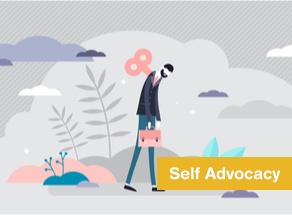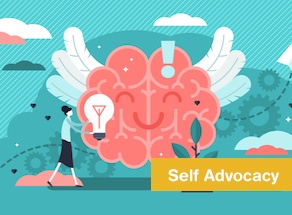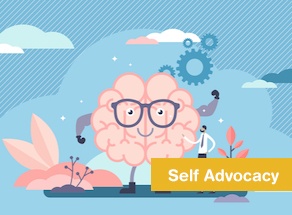Insurance & Security
Stop Summer Learning Loss
30/05/2014 05:14pm | 8473 viewsBy June/July, most of the children in the US have closed the books for the school year. For some children, summer means camp, or family vacations. For teens, it could mean a job or internship. Perhaps it's just lazy days playing with friends. But just because children are not stuck behind desks doesn't mean they have to stop learning.
Finance & Family
STUDY: Latino, African-American Families Face Continued Financial Instability 7 Yrs After Recession
18/10/2013 09:21pm | 8812 viewsA new report published today by the National Association of Real Estate Brokers (NAREB) shows that seven years after the start of the great depression Latino and African-American families continue to face financial instability. The continued financial hardship is attributed to the massive loss of wealth and assets tied to the housing market.
Mental Health
10 Things to Say (and 10 Not to Say) to Someone With Depression
15/10/2013 09:43pm | 9883 viewsHow to show you care
What do you say to someone who’s depressed? All too often, it’s the wrong thing. “People still have such a cloudy idea of what mental illness is,” says Kathleen Brannon, of Herndon, Va. “Sometimes people will say, ‘Oh, you’re depressed? Yeah, I’ve been depressed,’ and you realize just the way they say it that, nooo, it’s not quite the same thing. It’s not just that I’m feeling sad or blue.” Below is a list of helpful things to tell someone battling depression, followed by what not to say, courtesy of the Depression Alliance.
Career Center
Falta Una Niña
16/07/2015 06:00am | 7606 viewsIt was summer evening as I made my way home on a one-lane road as radio hummed in the background. As the host attributed the last song to a duo of brothers, my three-year-old daughter riding in the back seat asked what he had said. I told her that it was about two brothers – boys – singing. She said matter-of-factly in Spanish, “oh, falta una niña (they are missing a girl).” I laughed and thought, what an interesting and logical observation. According to Isabella, there should always be a girl involved in some way -- no matter what the situation.
Lifestyle
All Princesses are Equal and Unique
29/06/2015 08:38am | 7266 viewsI was born and raised in a smedium town in Southwest Ohio. I was the only kid that ate arroz con pollo, but I didn’t think I was different. I believed everybody was unique and equal. Everybody’s grandma didn’t speak English. Everybody’s grandma made rice and beans.





